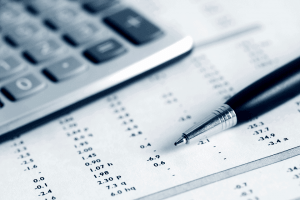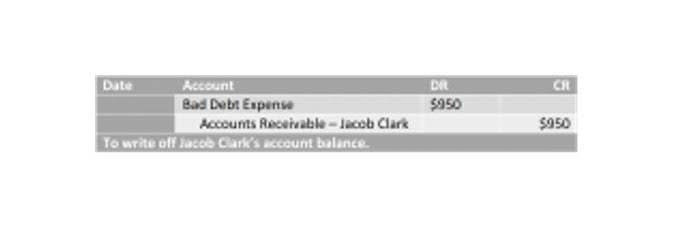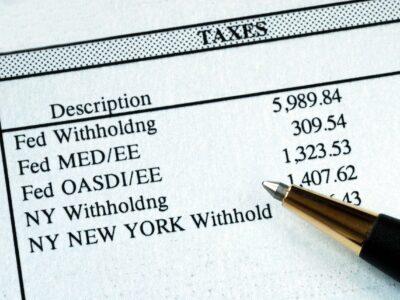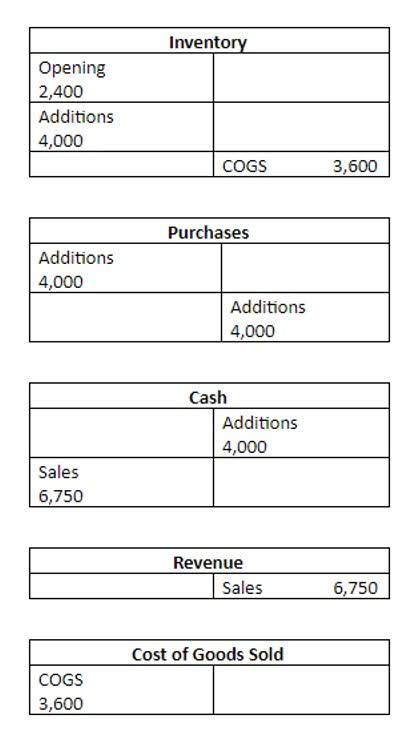
Operating leases—often preferred by labs, startups, and fast-moving companies—are built for flexibility. You use the equipment for a set period, make fixed payments, and return or upgrade it at the end of the lease term. Capital leases, now called finance leases under GAAP and ASC 842, function more like long-term purchases. The lesser books the assets and the liabilities when certain specific criterias are met in case of capital lease obligations. It is very close to an actual purchase because under the Generally Accepted Acccounting Principles (GAAP), it is viewed as an actual buy and is accounted for accordingly. Therefore, it impacts the financial statements and reports, affecting various accounts like depreciation, assets, liabilities, interest, etc.
Criteria for Classifying Leases
Capital leases allow lessees to deduct both depreciation on the leased asset and interest on the liability. These deductions can lower taxable income, providing financial advantages. The offsetting entry recorded is the capital lease liability account, which we’ll set equal to the ROU asset, i.e. link to the $372k from the prior step. Conceptually, a capital lease can be thought of as ownership of a rented asset, while an operating lease is like renting any type of asset in the normal course.
Chat With a Tax Pro
If the buyout amount was a reasonable amount at or near FMV, then CRA will likely accept that the buyout amount is the cost used in calculation of the standby charge. The columnist explained that in Canada, most buyout amounts are set at the average price … Meaning some cars will be worth more and some less due to the driving habits of different drivers and the use of each vehicle.

How to Properly Record Accrued Revenue for Your Business
- The lesser agrees to transfer the ownership rights to the lessee once the lease period is completed, and it is generally non-cancellable and long-term in nature.
- We are the trusted, independent resource for businesses of all sizes to explore, initiate, and embed outsourcing into their operations.
- Unlike national firms, Scott and his team are life-long residents of the Charlotte, NC area.
- To record a capital lease in your business accounting system, you must first determine whether the business owns the leased item.
- Operating leases keep businesses from having to record the assets on the balance sheet.
- By carefully considering your business’s needs and goals, you can determine whether a capital lease is the most suitable option for your leasing requirements.
Leases significantly influence cash flow management for businesses. Regular lease payments create predictable cash outflows, aiding in financial planning and budgeting. Businesses must assess the timing and amount of these payments to ensure adequate liquidity. Additionally, varying lease structures can impact cash flow differently; for instance, capital leases may lead to larger upfront costs, Bookkeeping for Startups while operating leases often provide lower monthly payments.

It’s less complex than IFRS 16 or ASC 842, but still requires careful treatment of lease obligations and disclosures. Feel free to check them out and give your opinion or share your expertise.As more questions are asked, more links will show up here. And are willing to be patient while I use my resources to research and / or learn along with you … Here are links to very useful calculators that help you decide whether it is better to buy or lease that piece of business equipment. https://www.bookstime.com/ The bookkeeping entry on how to record the purchase of equipment is found in the article How to Record Common Bookkeeping Entries. You Want to Understand Profitability, there is a list of questions to help you decide whether a purchase should be expensed vs capitalized.

If an entity has a materiality threshold for fixed assets, a similar methodology may be applied to leases as well. Leases with a total term, including renewal options reasonably certain to be exercised, of 12 months or less are exempt from capitalization. From the perspective of the lessor, the asset is leased while all the other ownership rights are transferred to the lessee. It’s important for your company to establish its own thresholds for these criteria, document them in an internal accounting policy, and follow them consistently. In our experience, most LeaseQuery clients have chosen to keep the historical thresholds of 75% and 90% that were provided under ASC 840, respectively, for continuity purposes. The asset and liability are recorded at the present value of $100,000.

One such criteria is the accounting standard followed, which may be International Financial Reporting Standards (IFRS) or Generally Accepted Accounting Principles (GAAP). They take into account the terms and conditions, the fair value of the asset and the present value of the payment. Automating lease calculations and the corresponding accounting entries means financial statements accurately reflect the impact of leases on the balance sheet.
- Reading the fine print and possibly having a legal or financial advisor peruse the documents can spare you unwelcome surprises later.
- With a capital lease, both the asset’s value and the debt for it are there, balancing the equation.
- Not only depreciation, this method is applicable for interest amount also in order to claim deduction, subject to certain limits.
- Under lease classification rules, a capital lease is recognized on the balance sheet as an asset and a corresponding liability.
- Additionally, contract negotiations may be necessary to address the early termination, potentially leading to revised terms or compensation arrangements.
- If none of these apply, the lease is classified as an operating lease and handled off-balance-sheet.
Lease Versus Buy Financial Calculators

This chat is going to look at the current bookkeeping for leased vehicles orleased equipment. I’m also going to sneak in some information on vehicleand equipment purchases. We’ll capital vs operating lease also glance at the FASB/IASB changes to this area introduced in early 2016.
Balance Sheet Effect
To adjust the leased asset and the lease liability to their fair values. To record the acquisition of the leased asset and the corresponding lease liability. The future of lease accounting is not just about compliance, but about strategic advantage. Organizations that adapt quickly to these trends will not only ensure regulatory alignment but also position themselves favorably for operational and financial efficiency. The key will be in staying informed and agile in the face of these evolving trends.
